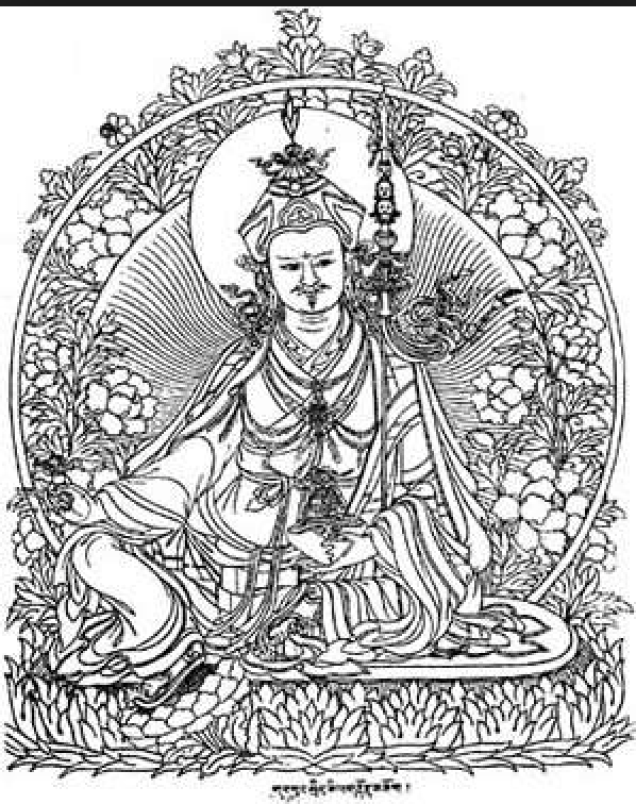Buddhism Is Vedanta
The Buddha studied the Upanishads and realised their meaning.
At the lower levels of any spiritual endeavour, there will seem to be differences in the meaning of words and names. They all, however, point to the end of confusion and suffering; the end of duality.
Dzogchen (non-duality) and Advaita (non-duality) point to the same reality. Whether we call it ‘the Self’, or ‘unfabricated awareness’ or ‘pure consciousness’, these are indistinguishable from one another. They bring an end to doubt and suffering.
If we obsess on adherence to a side, we will never realise non-duality. Non-duality is experience, beyond words and names. It’s beyond Buddhism, Vedanta, Maha Ati, Mahamudra, God, Self … Look into Jesus’s words – they also reflect Advaita and Dzogchen. Translations are just different. Separation is an illusion.
What are we?
In non-duality, you know.
“But … but … I’ve been told there is no me, no self! I disappear!”
True teaching brings an end to confusion and doubt.
The point is, what knows the end of confusion and doubt?
The I is an illusory attachment.
Divinity is to be divine – godlike!
Have no doubts.

